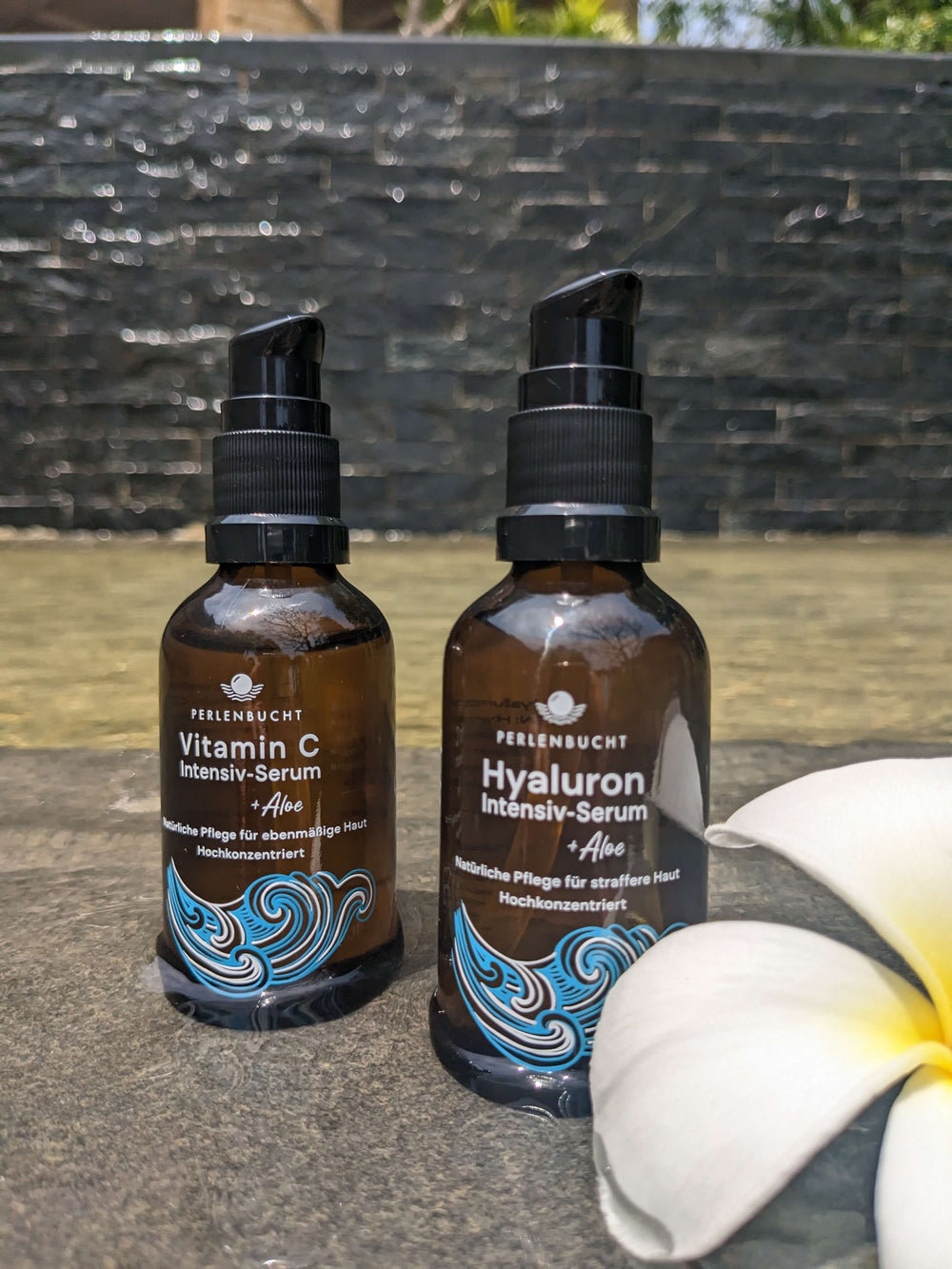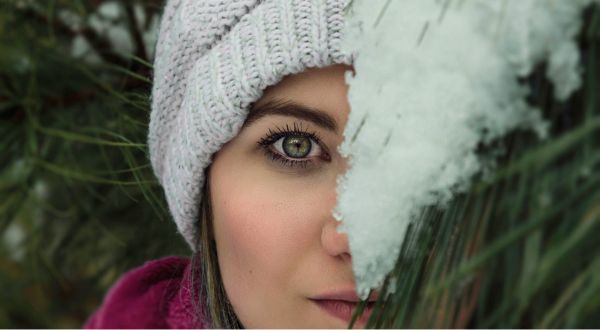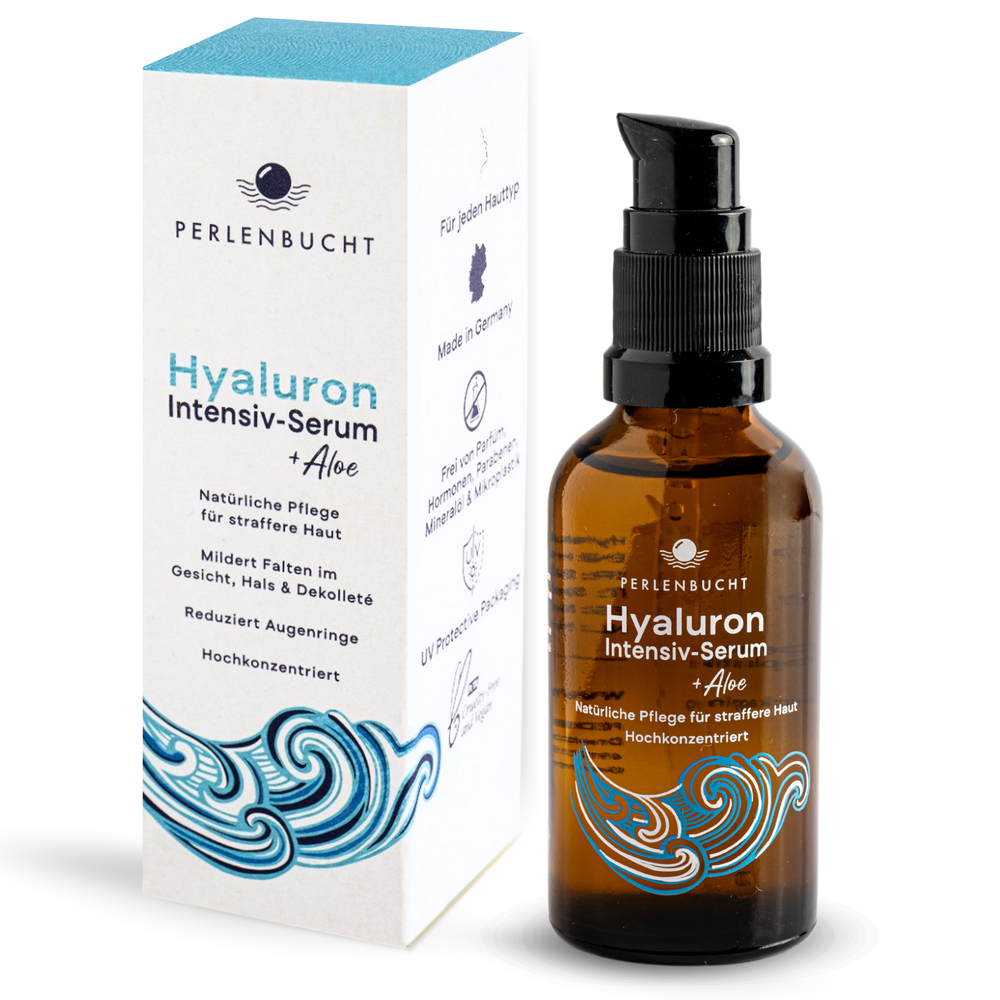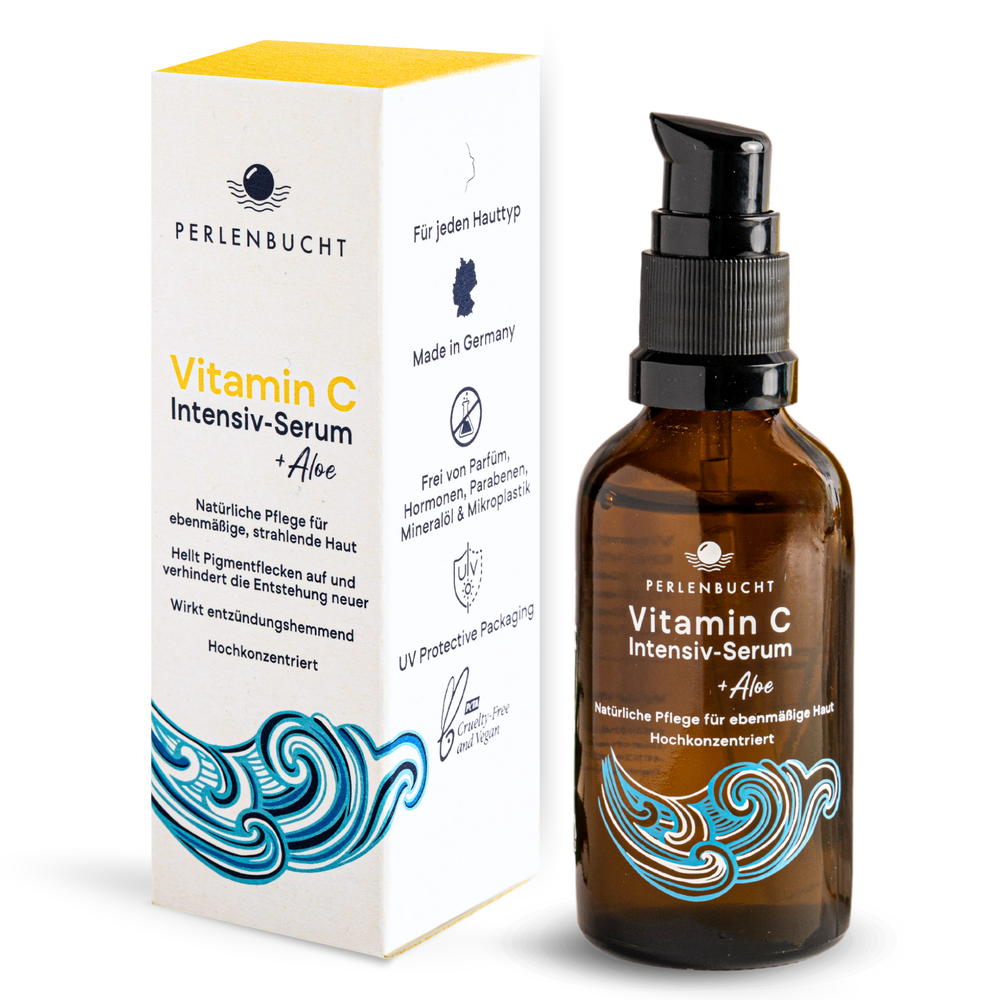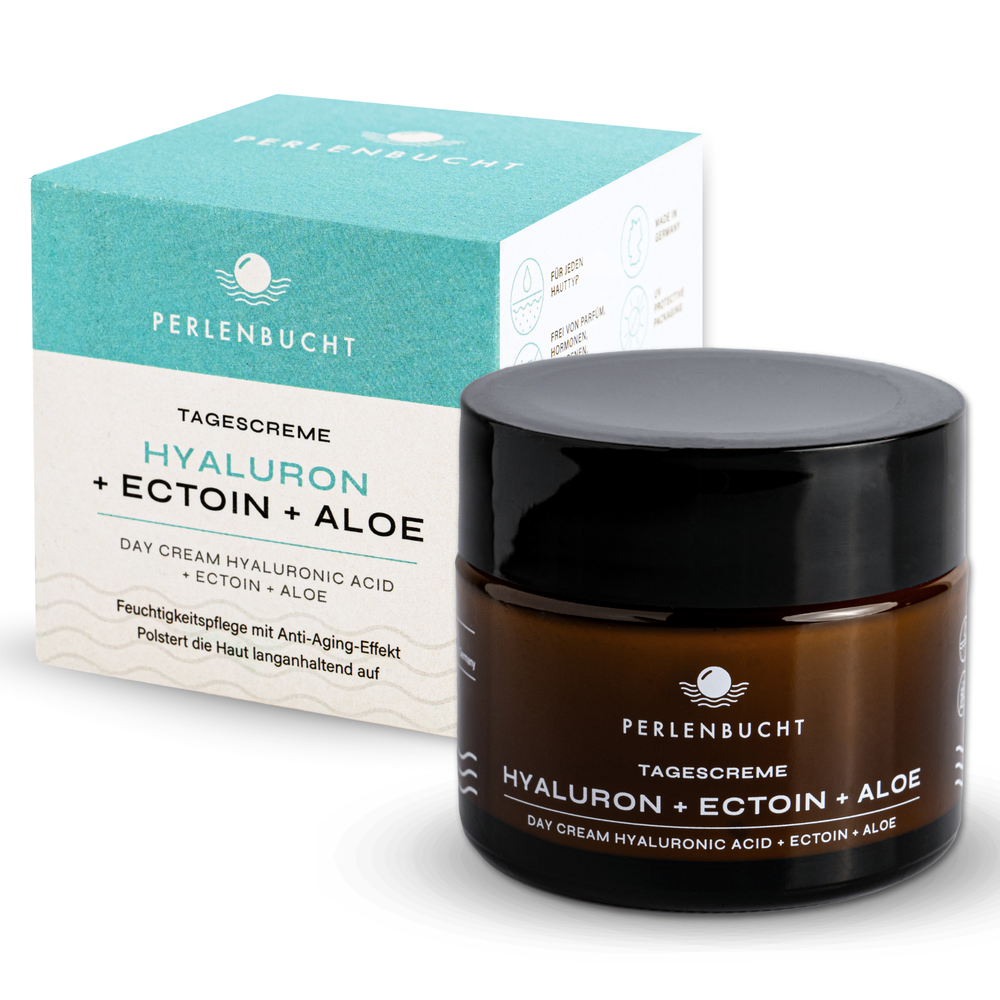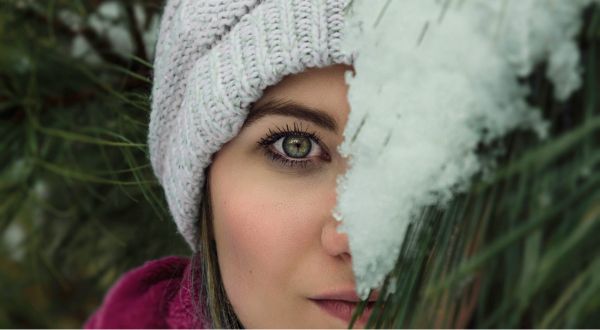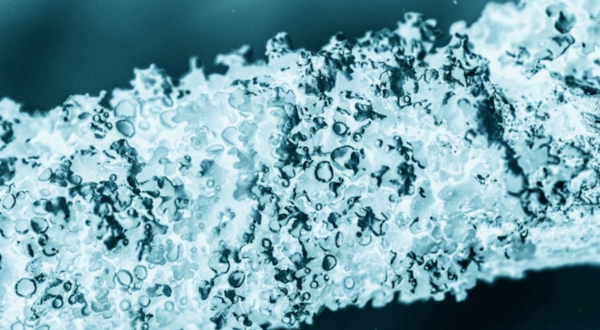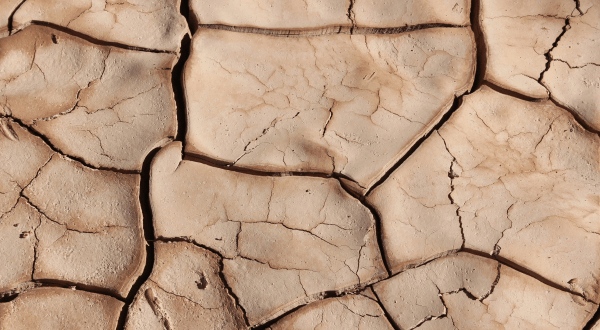Winter presents our skin with unique challenges. Cold temperatures outside and dry, heated air inside dehydrate it, making it more sensitive and drying out more quickly. But with the right care, you can counteract the winter stresses. In this article, we explain, based on scientific evidence, why skin needs special care in winter and which strategies help to optimally protect it.

Why does our skin suffer in winter?
Our skin has a natural protective barrier made up of lipids and moisture. This barrier prevents the skin from drying out and protects it from external influences. However, in winter, several factors are active that weaken this protective function:
-
Cold air and low humidity: Cold winter air contains less moisture than warm air. This causes more water to evaporate from the skin, leading to dryness and tightness.
-
Heating air: Indoors, heating creates warm but extremely dry air. This increases moisture evaporation from the skin and can cause it to become brittle.
-
Temperature changes: The change between cold outside air and heated indoor spaces stresses the skin and can cause redness and irritation.
-
Less sebum production: At temperatures below 8°C, the sebaceous glands reduce their activity. This results in less protective sebum being produced, making the skin more susceptible to moisture loss.
-
Wind and UV radiation: Wind can further damage the skin barrier. UV radiation is also a factor to be considered in winter, especially when skiing or at higher altitudes.
The best strategies against winter skin
To optimally protect your skin from winter's harsh elements, appropriate skincare and a few rules of conduct are important. Here are the best scientifically based tips:
1. Replenish moisture reserves: Hyaluron as a key ingredient
Hyaluronic acid is a proven moisturizer that can bind 1,000 times its own weight in water. Studies show that hyaluronic acid not only moisturizes the skin's surface, but also hydrates deeper layers of the skin.
Application:
-
Apply a hyaluronic serum to damp skin in the morning and evening to optimally retain moisture.
-
Then seal with a moisturizing cream.
2. Protection of the skin barrier: Ectoin and ceramides
Ectoin is a natural ingredient with protective and repairing properties. Studies show that ectoin strengthens the skin's barrier and makes it more resistant to environmental influences. Ceramides, in turn, help regenerate the skin's natural lipid barrier.
Application:
-
Use creams containing ectoin and ceramides to strengthen the skin's protective barrier.
-
Apply especially in the evening so that the skin can recover overnight.
3. Gentle cleaning: less is more
Harsh cleansing products can further dry out the skin. pH-neutral or slightly acidic cleansers help preserve the skin's natural protective barrier.
Recommendations:
-
Gentle cleansing lotions or cleansing milk instead of aggressive washing gels.
-
Do not use water that is too hot, as this will further degrease the skin.
-
After cleansing, immediately apply a moisturizing serum.
4. Don't forget your lips and hands
The skin on the lips and hands is particularly sensitive because it has fewer sebaceous glands and therefore dries out more quickly.
Recommendations:
-
Regularly apply a rich lip balm with shea butter or beeswax.
-
Care for your hands after each wash with a cream containing urea or glycerin.
-
At night, apply a thick layer of moisturizer and put on cotton gloves.
5. Increase humidity: Optimize indoor climate
Too low humidity in living spaces can further dry out the skin. The ideal humidity level is between 40-60%.
Tips:
-
Use a humidifier or place a bowl of water on the heater.
-
Place plants that release high levels of humidity (e.g. aloe vera, fern) in the room.
6. Drink enough water and consume healthy fats
Moisturizing starts not only from the outside, but also from the inside. Studies show that omega-3 fatty acids (e.g., from fish or flaxseed) can improve skin elasticity.
Nutrition tips:
-
Drink at least 1.5-2 liters of water or unsweetened tea daily.
-
Include healthy fats in your diet, e.g. through avocados, nuts and salmon.
7. Don’t forget UV protection even in winter
UV radiation is present even in winter and can lead to premature skin aging. Snow reflects up to 80% of UV rays, which can make exposure even higher than in summer.
Application:
-
Use day creams with SPF 30 or higher.
-
Make sure you have adequate sun protection, especially when doing winter sports.
Conclusion: Optimal winter skin care
Winter can be tough on skin, but with the right care, it stays supple and healthy. A combination of moisturizers like hyaluronic acid, barrier-strengthening active ingredients like ectoin and ceramides, and protective creams help counteract the negative effects of cold and heated air. Additionally, a healthy diet, adequate drinking, and an optimized indoor climate are crucial for resilient skin in winter.
With these tips you can get through the cold season looking well-groomed – get rid of winter skin!


